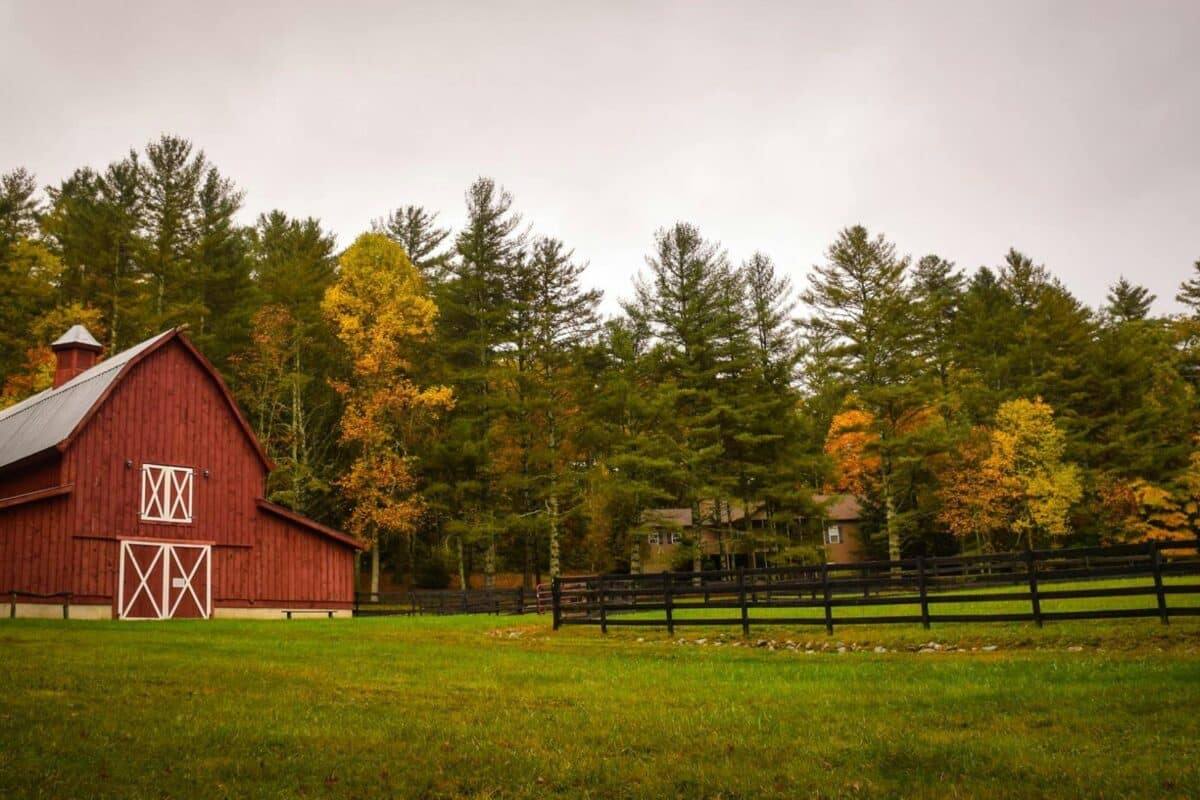 Pseudo grains—quinoa, wild rice, buckwheat, amaranth and millet—are an important part of a healthy, delicious plant-based diet.
Pseudo grains—quinoa, wild rice, buckwheat, amaranth and millet—are an important part of a healthy, delicious plant-based diet.
Quinoa, which is cultivated high in the Andes and was revered by the Incas, is a seed that cooks up like a grain. Protein-rich, quinoa contains all essential amino acids, anti-inflammatory antioxidants, and is high in calcium. The U.S. Department of Agriculture states that quinoa’s nutrition profile is similar to that of dried milk, without the lactose, of course, and bad karma that is incurred by exploiting tortured animals for food products. You can substitute quinoa for pasta and rice dishes, and will feel the health benefits immediately. Refined carbohydrates tend to cause drowsiness, while quinoa infuses your body with energy.
Find quinoa in the bulk bins of Whole Foods and other markets that carry healthful foods. You can also find it packaged by a company called TruRoots. If you buy quinoa in bulk—white quinoa is about $3.50/pound; black or red quinoa, slightly higher—take care to rinse it before cooking. I rinse my quinoa and then soak it in filtered water for about five hours until I see tiny tails sprouting. Sprouting your foods makes them easier to digest, and also more nutritious, since sprouting unlocks the full nutritional potential.
Wild rice is a grass that looks and cooks like rice, only better. One of the world’s healthiest foods, according to J.I. Rodale, who launched the organic farming movement in the U.S., wild rice is native to the Great Lakes regions of North America. Since it grows wild, its pesticide-free. Wild rice is high protein, high fiber, and vitamin B-rich. To prepare, rinse and toss it in a rice cooker with a 2:1 water ratio. It works with any meal; but I particularly enjoy it for breakfast with hemp seeds and cashews sprinkled on top.
Buckwheat is an unfortunate name for a grain that is gluten-free and not even remotely related to wheat. Toasted buckwheat, or kasha, makes an excellent breakfast food, and has a much higher satiety rating than oats. It’s also more nutritious. Buckwheat grows quickly, which means even when grown conventionally, it will contain fewer pesticides than other U.S. crops. Find buckwheat in the bulk bins, or packaged by Bob’s Red Mill Natural Foods.


